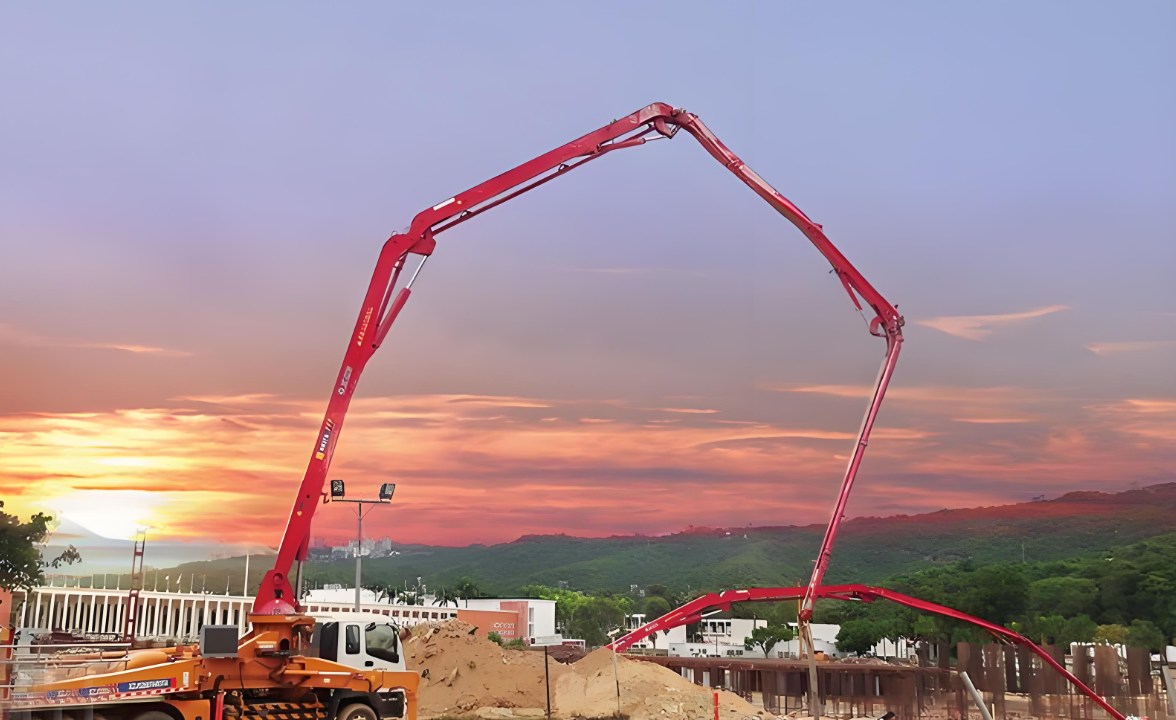veci betona miksera krogi
Vecie betonamaisītāju kamionu modeli veido cietokni zemes celtniecības vēsturē, desmitiem gadu palīdzot kā uzticami darba lopi celtniecības nozarē. Šie transportlīdzekļi savieno pārvadāšanas iespējas ar nepārtrauktu maisīšanas funkciju, nodrošinot, ka betons visu piegādes laiku paliek strādājams. Tradicionālie modeļi parasti ietver rotējošu cilindru, kas ir montēts uz kamiona šases, ar jaudu no 6 līdz 10 kubikmetriem. Cilindram ir spiralveida loksnes, kas nodrošina vienmērīgu maisīšanu pārvadāšanas laikā, savukārt hidrauliskie sistēmas kontrolē cilindra rotācijas ātrumu un virzienu. Svarīgas īpašības ietver ūdens tanku, lai pielāgotu betona koncentrāciju, manuālos vai automātizētus kontroles mehānismus cilindra operācijai un izdalīšanas rūtiņu sistēmu precīzam betona novietojumam. Šie kamioni darbojas caur spēka paņemšanas sistēmu, kas ir savienota ar kamiona motoru, ļaujot cilindram efektīvi rotēt gan stāvot, gan braucot. Vai nu veci maisītāju kamioni, neraugoties uz to vecumu, bieži parāda brīnumainu ilgtspēju, ar stipru rāmiņu konstrukciju un vienkāršiem mehāniskiem mehānismiem, kas ļauj vieglāk tos uzturēt. Pamata darbības princips ietver materiālu ielādi uz partijas ražošanas punkta, maisīšanu pārvadāšanas laikā un gatavbetona piegādi uz celtniecības objektiem, kas tos padara neaizstājami mazākām un vidējiem celtniecības projektu.



